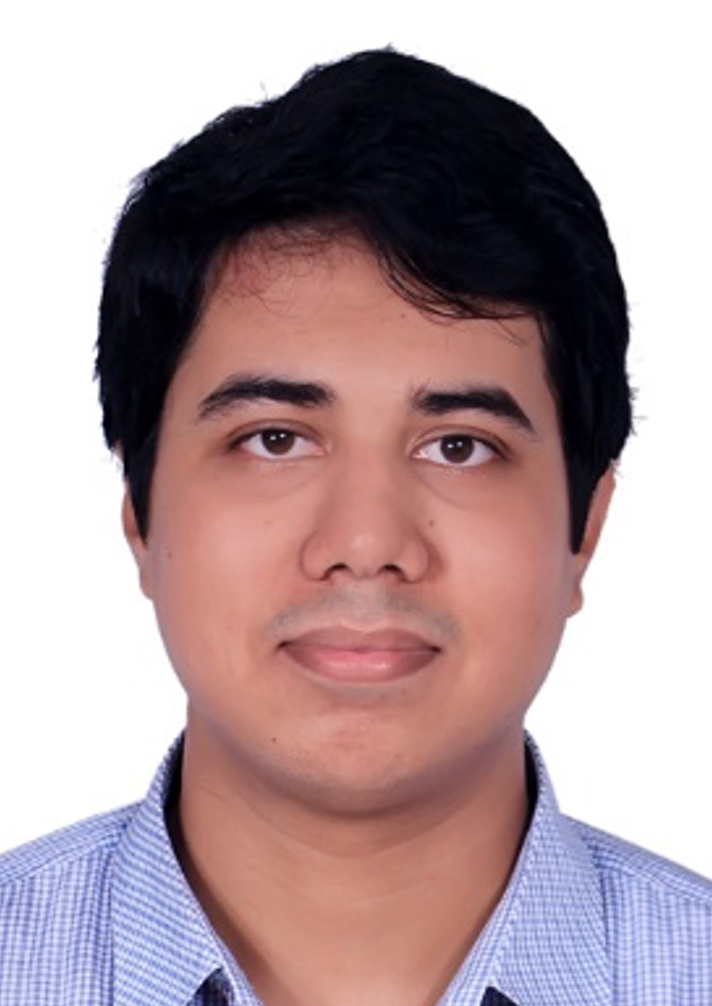Text

Text
Shiekh Zia Uddin
Graduate Student
Research Advisor: Prof. Ali Javey
BETR Research Thrust: Photonics and Optical Interconnects
Bio
Shiekh Zia Uddin is currently a graduate student in the Javey lab at UC Berkeley. Uddin received his B.Sc. in Electrical and Electronic Engineering from BUET (Bangladesh University of Engineering and Technology), winning both Chancellor's Gold Medal and Kintar-UI-Haque Lashkar Gold Medal. His work focuses on photophysics of low-dimensional excitonic materials. He and his colleagues have shown that, monolayer semiconductors can have near-unity photoluminescence quantum yield at all generation rates. An aspiring polymath, his interests cover physics, electrical engineering, nanotechnology, and signal processing.
Research
Most optoelectronic devices operate at high photocarrier densities, where all semiconductors suffer from enhanced nonradiative recombination. Nonradiative processes proportionately reduce photoluminescence (PL) quantum yield (QY), a performance metric that directly dictates the maximum device efficiency. Although transition-metal dichalcogenide (TMDC) monolayers exhibit near-unity PL QY at low exciton densities, nonradiative exciton-exciton annihilation (EEA) enhanced by van-Hove singularity (VHS) rapidly degrades their PL QY at high exciton densities and limits their utility in practical applications. My research has shown that, by applying small mechanical strain (< 1%), we can circumvent VHS resonance and drastically suppress EEA in monolayer TMDCs, resulting in near-unity PL QY at all exciton densities despite the presence of a high native defect density. My findings can enable light-emitting devices that retain high efficiency at all brightnesses.
Full resume is available for registered members of the BETR Center. Please log in to access this content.
For questions about BETR Center membership and website account information, please contact the BETR Center at betr@berkeley.edu